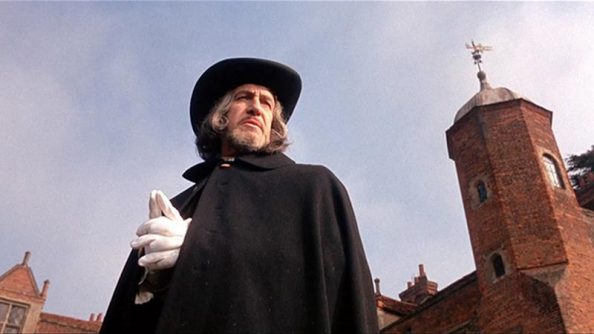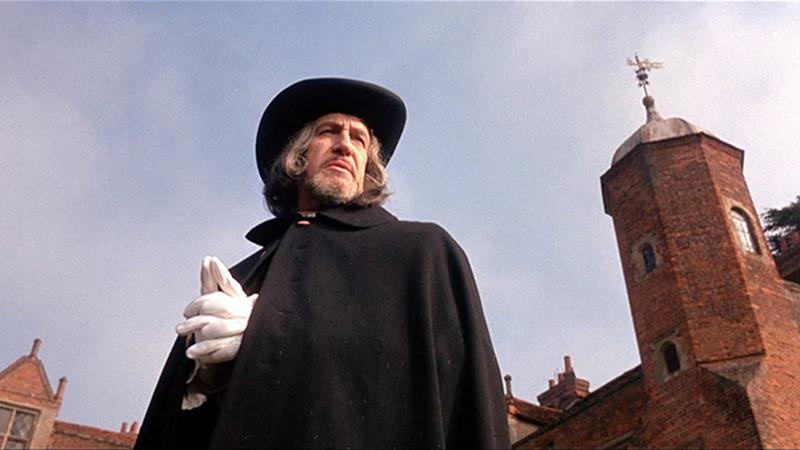
Witches and Witchfinders: Sorcery and counterculture in the films of Michael Reeves
Lecturer: Virginie Sélavy
Dates: 17 October 2018
Time: 7pm – 10pm
Venue: Horse Hospital, London
Fees: £8 advance/£10 on the door
Tickets are on sale via www.wegottickets.com
Horse Hospital website
To mark the 50th anniversary of the release of Witchfinder General, Electric Sheep founder Virginie Sélavy explores the sorcery theme that runs through director Michael Reeves’s work.
Best known for his savage tale of religious persecution Witchfinder General (1968), director Michael Reeves only completed three feature films in his short life. Despite this, he remains a hugely influential figure of 1960s British cinema, and a singular voice in the countercultural context of the time. Through his three films, Reeves offered a unique and contrary take on the dominant themes of the period, notably freedom and rebellion, which he strikingly framed, in all three cases, within stories of sorcery.
Indebted to Mario Bava’s Black Sunday (1960) and sharing its female star, Barbara Steele, Reeves’s first feature film, Revenge of the Blood Beast (1966), drops a hip young English couple into an Eastern European backwater steeped in legend and superstition. His following film, The Sorcerers (1967), locates witchery in contemporary London and connects it with the nascent psychedelic scene. With its tale of a young couple tormented by a spiteful witch hunter, Witchfinder General is no less permeated by contemporary concerns with generational conflict, oppressive authority and individual revolt, despite the fact that it is set in the 17th century.
To mark the 50th anniversary of the release of Witchfinder General, this talk will examine the sorcery theme that runs through Reeves’s work in relation to key countercultural ideas and place it in the context of other witch films of the period. It will show that under the cool, liberated, thrill-seeking, free-love, anti-authoritarian surface of the 1960s Reeves sees the dark side of the cultural revolution and reveals mankind’s eternal propensity for violence.
———————————————————————————————
Virginie Sélavy is the founder and editor of Electric Sheep, the online magazine for transgressive cinema. She was the co-director of the London branch of The Miskatonic Institute of Horror Studies from January 2015 to December 2017. She has edited the collection of essays The End: An Electric Sheep Anthology, and has written about Jean Rollin, Michael Powell and Victorian London on film. Her work has appeared in various publications, including Sight & Sound, Cineaste and Monstrum. She regularly gives talks and runs courses on topics ranging from women exploitation directors to Surrealism and May 68. She is currently working on a book on Sado-Masochism in cinema.
For more information visit the Horse Hospital website.

